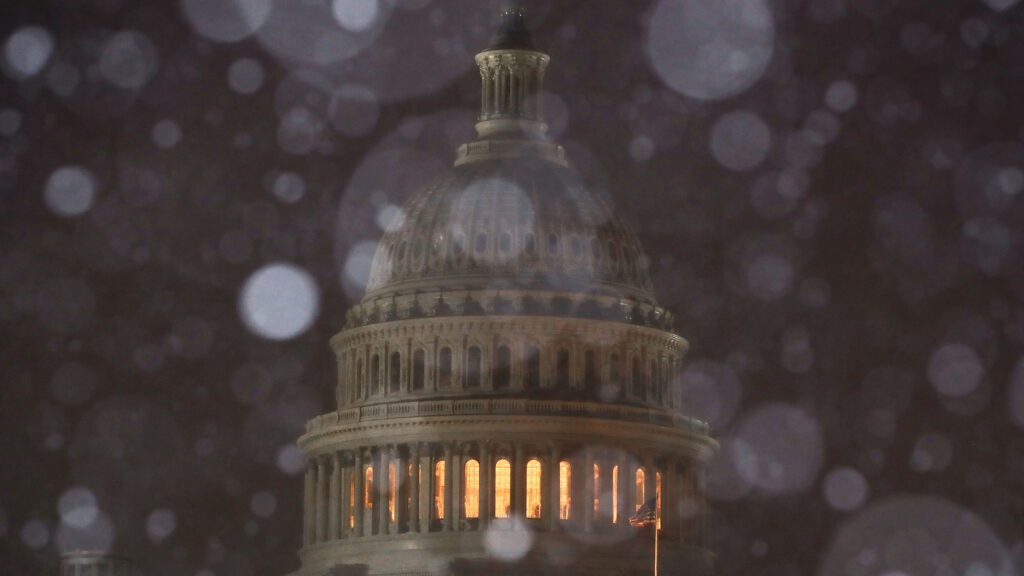Science and Health in Turmoil: Trump's Policy Shake-Up Triggers Institutional Upheaval

In a sweeping series of actions, the Trump administration has unleashed unprecedented disruption across federal health agencies, grinding critical communications, travel, and diversity initiatives to a halt. The sudden freeze has created a climate of uncertainty and confusion among government health professionals, effectively paralyzing important operational processes.
Career officials and public health experts have been left scrambling to navigate the abrupt changes, which have significantly impacted the agencies' ability to collaborate, communicate, and maintain their core mission of protecting public health. The administrative clampdown has not only stifled internal communications but also raised serious concerns about the potential long-term consequences for critical health research and policy development.
These restrictive measures have particularly targeted diversity efforts, potentially undermining years of progress in creating inclusive and representative health institutions. The freeze represents more than just an administrative shift; it signals a fundamental disruption to the established frameworks that have traditionally supported comprehensive and equitable healthcare strategies.
As federal health agencies struggle to adapt to these unexpected constraints, the broader implications for public health infrastructure remain deeply concerning. The sudden halt in communications and diversity initiatives threatens to create lasting ripple effects that could compromise the effectiveness and responsiveness of critical health services.

